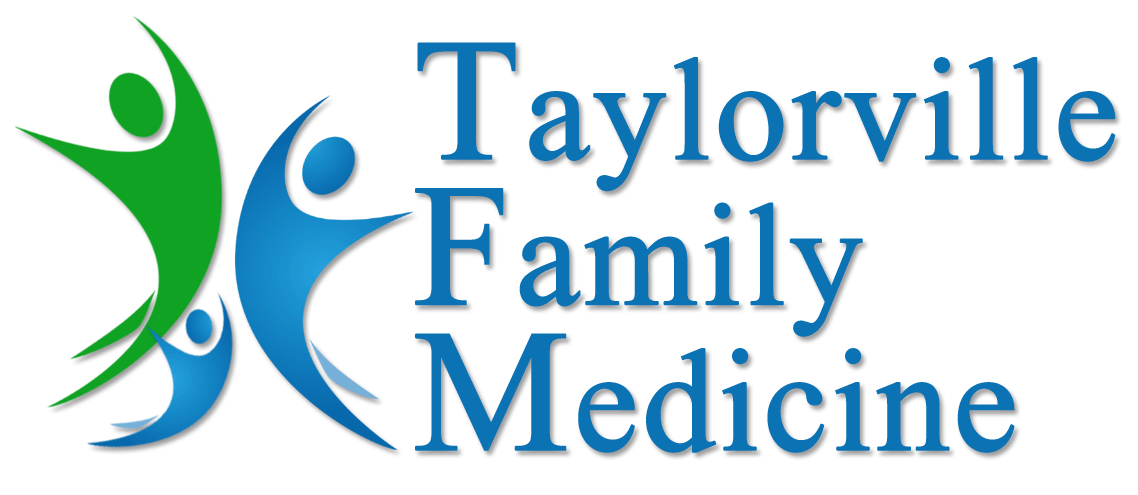Silent but Vital: The Truth About Blood Pressure and Your Health
- jabbywang

- Dec 19, 2024
- 2 min read

Imagine your blood vessels are like a garden hose, and your heart is the faucet pumping water through it. If you turn the faucet too high, the pressure builds up, putting stress on the hose. Similarly, when your blood pressure is consistently too high, it puts unnecessary strain on your arteries, heart, and other organs. Monitoring your blood pressure is like checking that faucet—it ensures your system isn’t under excessive pressure that could lead to leaks or damage.
What Is Blood Pressure?
Blood pressure measures the force of blood pushing against the walls of your arteries. It’s recorded with two numbers:
Systolic pressure: The top number indicates the pressure in your arteries when your heart beats. A normal systolic number is less than 120.
Diastolic pressure: The bottom number represents the pressure in your arteries when your heart is at rest between beats. A normal diastolic number is less than 80.
Together, these numbers help determine if your blood pressure is in a healthy range.
Symptoms of High Blood Pressure
High blood pressure, or hypertension, is often called the "silent killer" because it typically has no noticeable symptoms until it causes significant damage. In some cases, people with extremely high blood pressure may experience:
Headaches
Dizziness
Shortness of breath
Chest pain or discomfort
Because symptoms are rare, regular monitoring is essential to catch hypertension early.
Why High Blood Pressure Matters
When your blood pressure is too high, your heart has to work harder to pump blood, which can lead to serious short-term and long-term complications, including:
Heart strain: Elevated blood pressure can cause your heart to overwork, leading to fatigue or irregular heartbeats.
Blood vessel damage: High pressure can cause tiny tears in your arteries, which may form dangerous clots.
Heart disease: Including heart attacks and heart failure.
Stroke: High blood pressure increases the risk of blockages or ruptures in your brain's blood vessels.
Kidney damage: Over time, hypertension can impair kidney function.
Vision loss: High pressure can damage the tiny blood vessels in your eyes.
Take Control of Your Blood Pressure
The good news? Hypertension is manageable with proactive steps, such as:
Eating a balanced diet: Focus on whole grains, fruits, vegetables, and low-sodium options.
Staying active: Regular exercise strengthens your heart and helps control blood pressure.
Reducing stress: Techniques like meditation or yoga can help.
Monitoring regularly: Keep track of your numbers with home blood pressure monitors or routine checks with your healthcare provider.
At Taylorville Family Medicine, we’re committed to helping you maintain healthy blood pressure levels. With regular screenings and personalized care plans, we can help you stay ahead of hypertension and protect your long-term health.
Don’t wait for the "hose" to burst. Schedule a checkup today and if you’re not a current patient, complete a new patient application. Let us help you keep your heart and arteries in top condition.


Comments